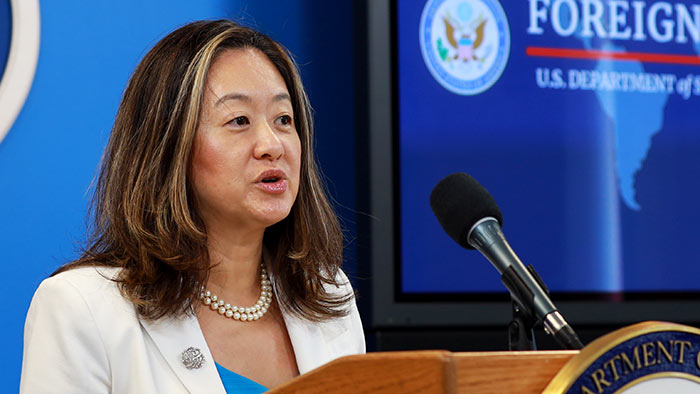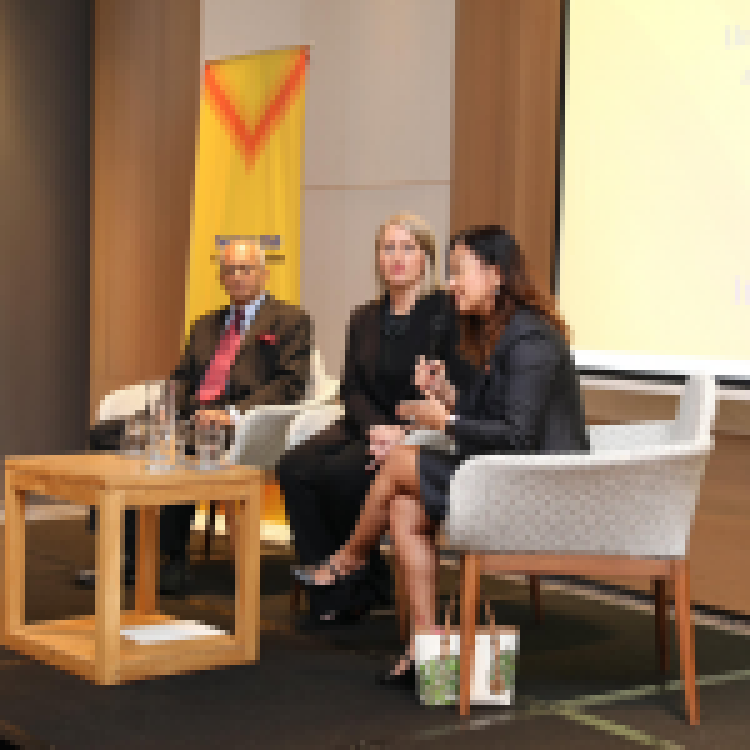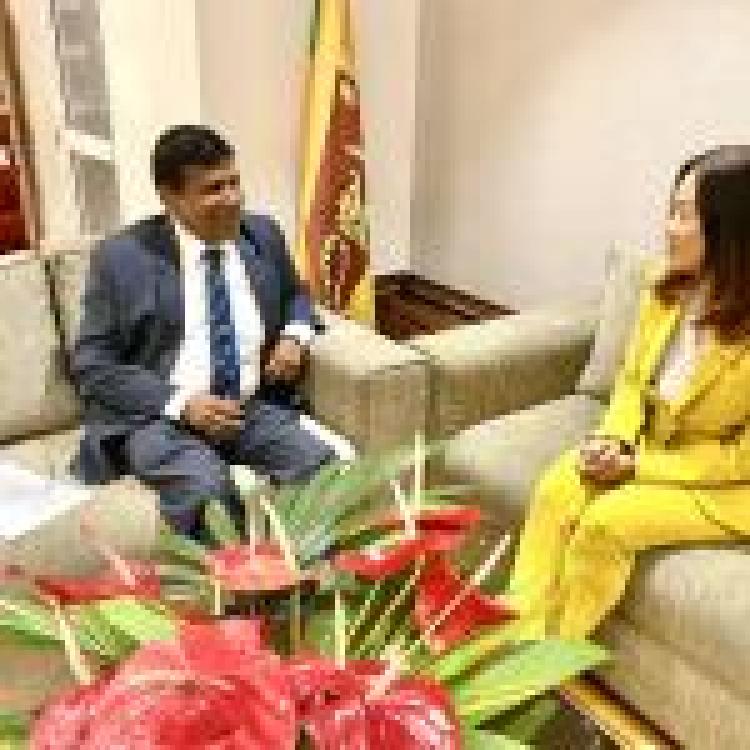
(File photo)
Just weeks after the US government pledged to gift another cutter to the Sri Lanka Navy, Ambassador Julie Chung said Washington was continuing to monitor legislative developments in Sri Lanka that could challenge its progress on human rights, reconciliation, and civic space.
We continue to monitor legislative developments in Sri Lanka that could challenge its progress on human rights, reconciliation, and civic space. Our recent Core Group joint statement from the 55th session of the UNHRC, and statements made by local and international organizations,…
— Ambassador Julie Chung (@USAmbSL) March 11, 2024
“Our recent Core Group joint statement from the 55th session of the UNHRC, and statements made by local and international organizations, underscore shared concerns, notably that the Online Safety Act could be used to criminalize a wide range of expression, suppress dissent, and undermine Sri Lanka’s digital economy,” she said referring to the statement here.
“As the Sri Lankan Government brings forward other legislation with potentially serious implications for fundamental freedoms and civic space, the United States encourages comprehensive consultations with stakeholders, including civil society, and due legislative process.”
In the joint statement presented by the Core Group on Sri Lanka which includes Canada, Malawi, Montenegro, North Macedonia, the United Kingdom, and the United States, attention is drawn to several legislative developments that “give a cause for concern.”
It cites the Online Safety Act, adding that it “has the potential to severely restrict online communication, and could potentially criminalize nearly all forms of expression, creating an environment that has a chilling effect on freedom of expression". "We urge the Government to enact amendments to align the Act with Sri Lanka’s human rights obligations and commitments,” it added. The group has also called for the Prevention of Terrorism Act to be replaced with legislation that is consistent with Sri Lanka’s international obligations. “We acknowledge the recent release of nine Tamil leaders detained last November. We encourage the release of unjustly held long-term PTA detainees and for Sri Lanka to maintain a moratorium on its use.”
Referring to plans to establish a Commission on Truth, Unity, and Reconciliation, they stressed the need for an inclusive “participatory process to build trust in advance of any legislation” adding that any future commission must be independent, inclusive, meaningful, and transparent, meet the expectations of affected communities, build upon previous transitional justice processes, and provide pathways for accountability.
The ambassador’s statements, however, are contrary to remarks made earlier this year where she claimed to be “extremely happy” with Sri Lanka’s current economic situation and "peaceful environment" despite growing alarm over Sri Lanka’s human rights record.
During the meeting, Chung allegedly praised the passage of the “Unity and Reconciliation” bill which mandates the establishment of the establishment of the “Office for National Unity and Reconciliation”. The bill has been widely opposed by Tamil politicians who view it as yet another hollow domestic mechanism.


